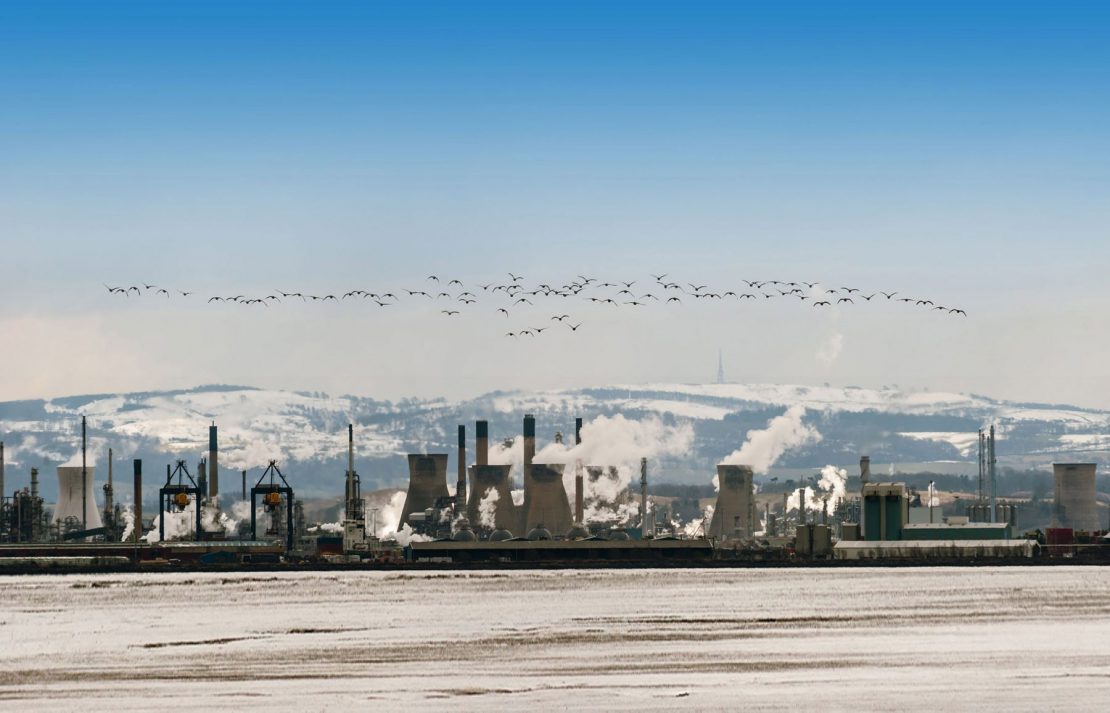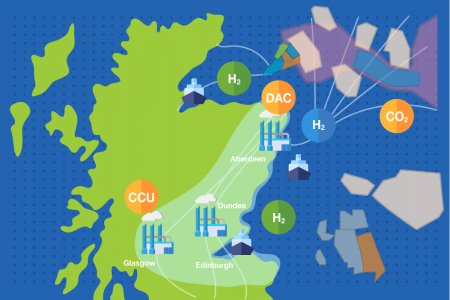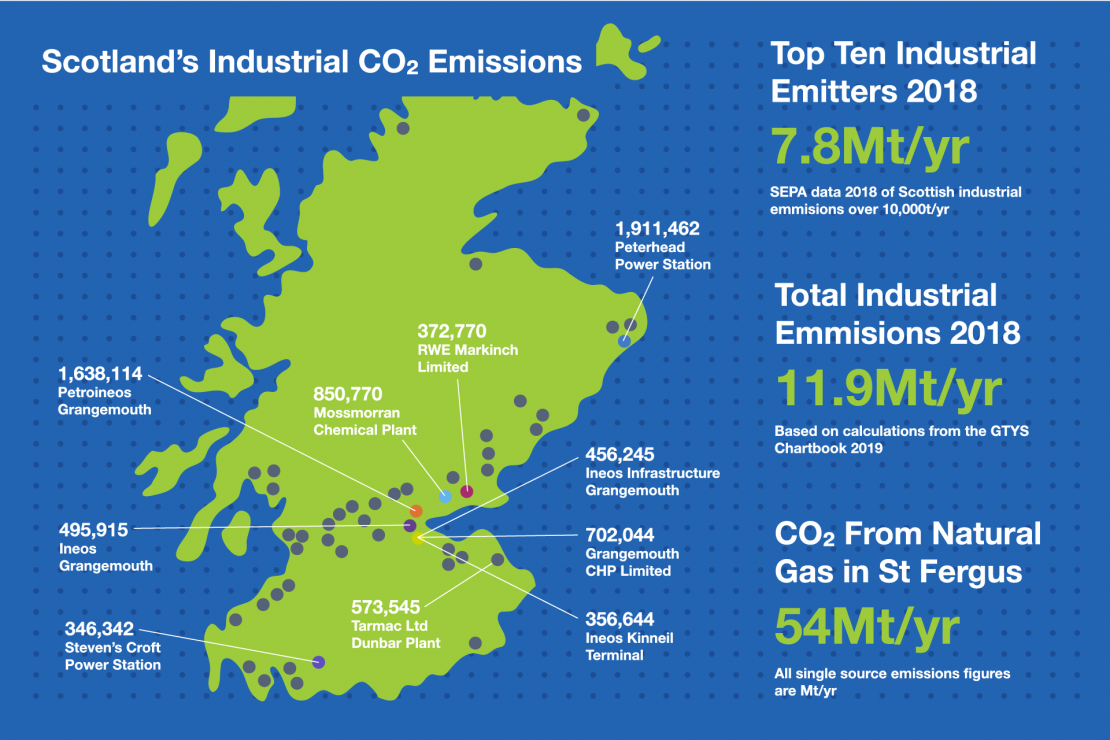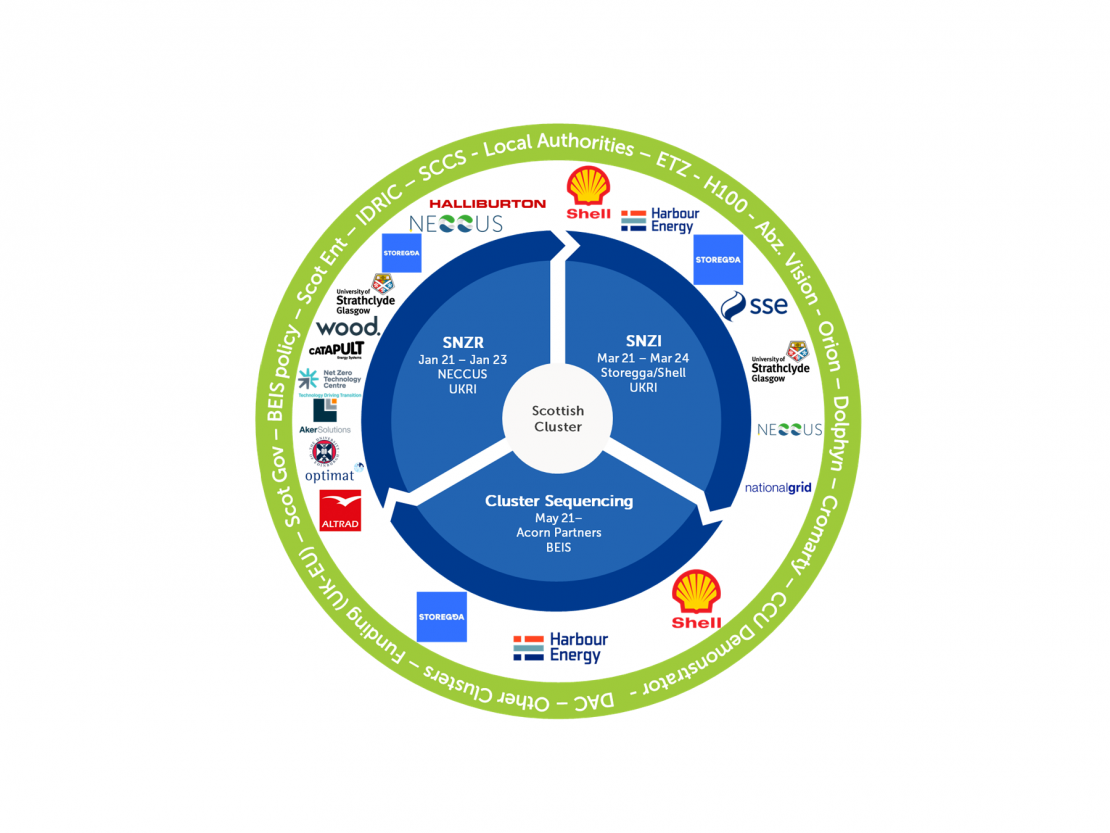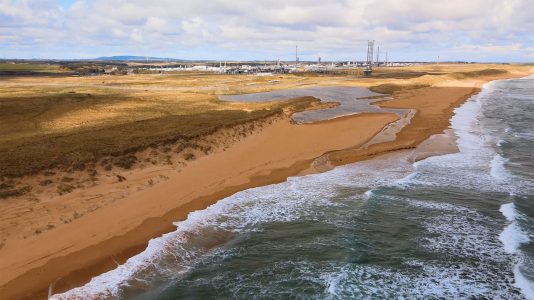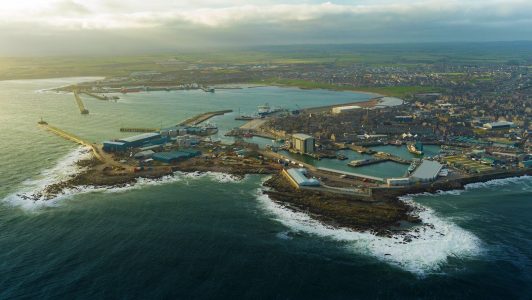The Report
The SNZR report offers a comprehensive plan for the actions required to achieve Scotland's target of net zero carbon emissions by 2045.

What is the Scottish Net Zero Roadmap?
The two year project which has attracted £1.23 million from Innovate UK and is match funded by our industry partners sets out a plan to help Scottish industry achieve net zero carbon emissions by 2045.
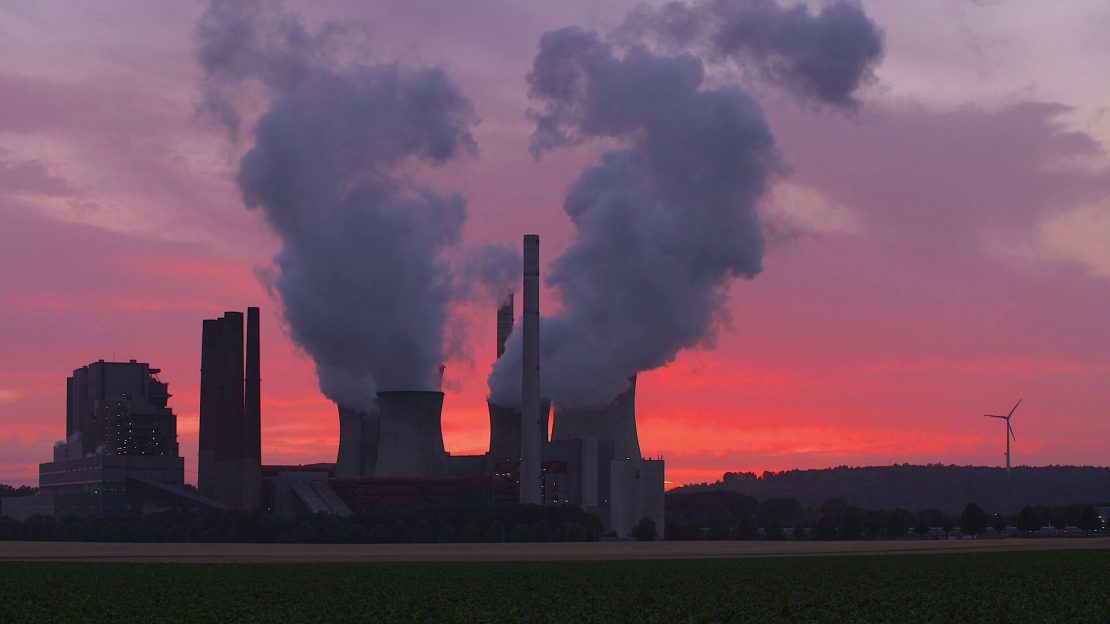

Why the need?
We’re developing a plan to show how the industrial cluster on Scotland’s East Coast can be decarbonised.

The Project
A 24 month project to develop the pathways to decarbonise approx.. 9 Mt CO2 p.a. from industry

Our Partners
The organisations that have provided funding and the organisations working to deliver the project.

Project updates
Read and download reports and updates from Phase 1 and Phase 2 of the SNZR Project.

Phase 1 Summary
Results from the initial project design phase of SNZR which took place in 2020

